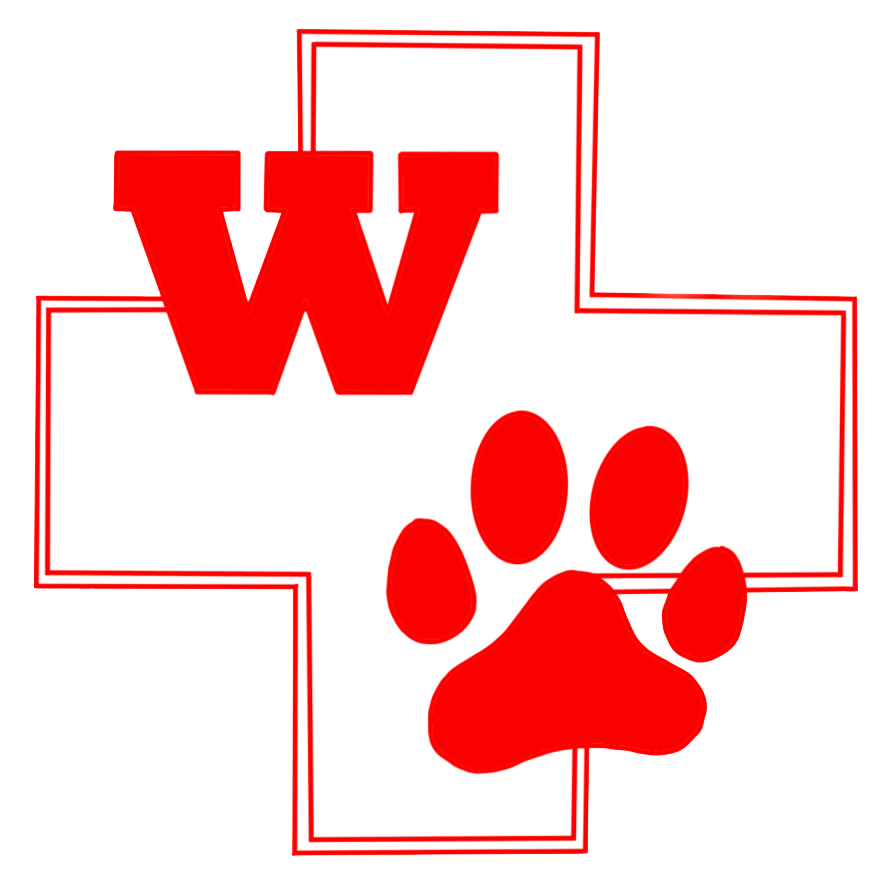|
Biting, Chewing, and Enrichment for Dogs

Puppy biting and mouthy behaviors can be frustrating for both children and adults. Try to not think about the behaviors as a "dominate" or "aggressive behavior" so much as more of an exploration of their world, wanting attention, or even boredom or frustration.
Try not to reward the behavior by squeaking or making yelp sounds. If you make yourself sound like a squeaky toy, it can become a game for the puppy. Stay calm and don't overreact. While it is frustrating and can be uncomfortable, doing things like grabbing their muzzle, hitting or hurting the dog can send the message that humans and their hands should be feared. INSTEAD, leave the situation. Taking what they value most in that situation (your attention and fingers) away, they learn that the fun will leave when fingers go in the mouth. REDIRECT the puppy by offering a toy for him/her but ask them to sit before giving it. This will help them focus on earning the toy they want.
Remember that it is ok for puppies to take a break! Give them something of value to take into the kennel such as a treat or Kong and let them take a breath.... and a nap! Sometimes puppies have excessive energy, and petting should be avoided while they are overstimulated or not able to focus. Using treat balls, twisty treat toys, snuffle mats, etc. that help them redirect their focus to their nose can offer good transitional activities to wind down.
ENRICHMENT
Canine enrichment involves making the environment more interesting and stimulating to their eyes, nose, and mouth. Puppies need to chew to help fulfill necessary development milestones and exercise natural instincts. However, the chewing must be supervised and on appropriate things.
Consider the following activities for chewing (while supervised):
- Bully sticks (remove when worn down to avoid swallowing or choke hazards)
- Rawhides made in the USA (remove when worn down to avoid swallowing hazards)
- Hiding treats under play towels, toys, paper towel rolls, etc. Remove the rolls when shredded to avoid ingestion.
- Kongs filled with appropriate foods.
- Slow feeders to extend the feeding time for busy eaters.
- Snuffle mats offer opportunities to follow their nose while seeking scattered treats.
- Lick mats can be a welcomed distraction for cooperative care activities.
Preventing unwanted chewing behaviors:
- Supervision is the first rule! Utilize kennel training when you can't be with the puppy.
- Keep things out of reach when possible. Items such as cords, shoes, socks, gloves, etc. are fun sized for puppy mouths and can also become foreign bodies if ingested. Get into the habit of putting them away where they belong as soon as they come off.
- Utilize chewing sprays when necessary: sprays such as Bitter Apple, Tabasco sauce, or Nature's Miracle help offer an unpleasant taste.
- Consistency goes a long way! Shoes can't be ok to chew on one day or not ok the next day, as this can lead to confusion. Either all shoes are off limits, or all shoes are ok for chewing. Best to make them off limits!
The saying "a tired dog is a good dog" is outdated. Think "an enriched dog is a good dog". Have they been walked, allowed to chew on approved things they find pleasurable, or have they used their nose to explore items that they find enjoyable (such as scents outside, new treats, etc.)? Puppies (just like children) learn from enrichment and activities and allowing their brains to grow is a great way to help them become good citizens.
| 
